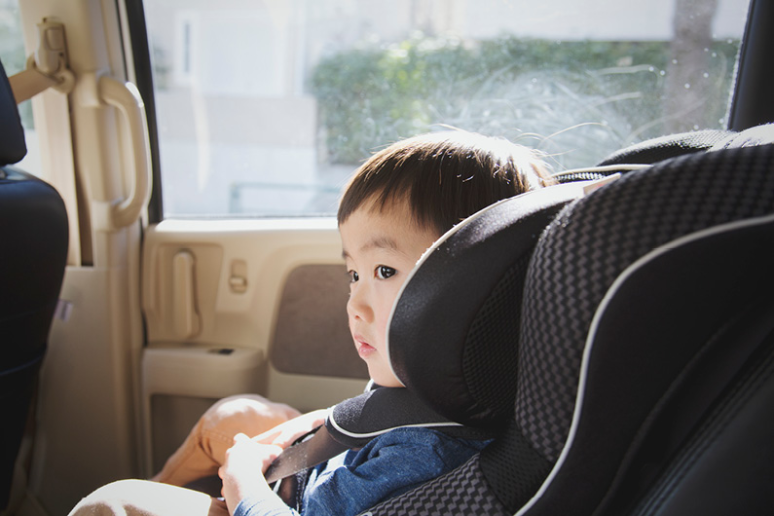It is common knowledge that driving while under the influence of drugs or alcohol is dangerous, and can result in fines, license suspension, jail time, and a criminal record. This is true even if the DUI is a first offense and your blood alcohol concentration (BAC) was barely over the legal limit. ‘Aggravating circumstances’ can dramatically increase the penalties you are facing; one of the most severe examples of that would be drunk driving with a child in the car.
According to the Centers for Disease Control and Prevention (CDC), of all motor vehicle fatalities involving children age 14 and younger in 2016, 17 percent involved a driver who was under the influence of alcohol. Another CDC study revealed that about one in five child deaths in motor vehicles are caused by an alcohol-impaired driver. Further studies found that states with no laws specific to DUI with child endangerment had higher rates of alcohol-related child passenger fatalities.
Specific Charges for DUI with Child Endangerment
In some states, DUI with a child in the car falls under the broader category of DUI, but many states have a separate charge for this specific offense. In Texas, for example, the Drunk Driving Child Protection Act carries stiffer penalties if the driver is impaired with a passenger younger than 13. Even if no injuries are suffered, a first-time offender must serve a mandatory minimum of 30 days in jail and a minimum fine of $1,000. Of course, these penalties increase significantly if anyone is injured or killed.
According to Patrick T. Barone, Esq., a founding partner of Barone Defense Firm in Birmingham, MI, Michigan law imposes especially harsh penalties for intoxicated driving cases involving children.
“First offenders accompanied by a child less than 16-years-old face double or even triple the penalty when compared to solo drivers. Judges in child endangerment cases may send offenders to jail for as many as 180 days, almost twice the 93 days available to judges in other first offense cases,” said Barone. “The fine is also double, and the driver license suspension period of 90 days, which is imposed by the Secretary of State, is triple that applicable to first offenders. These enhanced penalties send a clear message; Michigan’s lawmakers are deadly serious about protecting children from the dangers posed by drunk drivers.”
Repeat offenders face even more severe penalties in Michigan, according to Barone. “A second child endangerment is a felony punishable by up to five years in jail and the driver’s license may be revoked for a minimum of one year to as many as five years. Felons also face possible vehicle forfeiture or mandatory immobilization of up to 180 days.”
New York’s Leandra’s Law
In 2009, New York increased penalties for drunk driving with a child in the vehicle when Leandra’s Law was enacted. Under the new legislation, first-time offenders are charged with a felony offense and could serve up to four years in prison. They will also receive an automatic license suspension. If the child was injured as a result, the punishment is up to 15 years in prison—with a maximum of 25 years if a child is killed. Furthermore, if the alcohol-impaired adult is a parent or guardian, he/she will be reported to the Statewide Central Register of Child Abuse and Maltreatment.
Felony or Misdemeanor?
In some states, DUI with a child in the car is a felony offense, carrying penalties of imprisonment and fines of up to $10,000. In other states, the offense is a misdemeanor but can trigger sentencing enhancements with stiffer penalties. For example, in California, if you drive drunk with a child under the age of 14, you may face a mandatory minimum jail time in addition to standard DUI penalties.
In Pennsylvania, first-time DUI offenders may be eligible for a program called ARD, which allows for the dismissal and expungement of your charges. But first-time offenders who had a passenger under the age of 14 are not eligible.
Contact an Experienced DUI Defense Lawyer Today
If you have been charged with any type of DUI offense, it is in your best interest to consult with an attorney immediately. This is especially true if you had a child passenger in the vehicle at the time of your arrest. Do not attempt to navigate this complex process alone; hiring the right attorney could be the difference between a felony offense and a misdemeanor.
 By Amy Carst,
By Amy Carst, 

